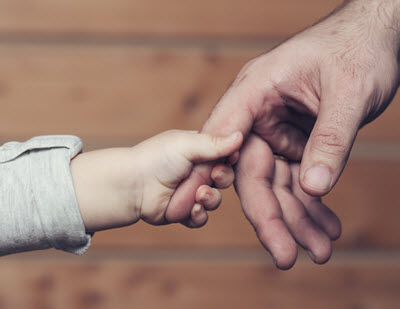 We offer neurofeedback to teens, please see our neurofeedback page for more information. We do not offer psychotherapy to this age group.
We offer neurofeedback to teens, please see our neurofeedback page for more information. We do not offer psychotherapy to this age group.
You’ve been up late agonizing over one terrifying thought:
… you’re powerless to guide your child.
Your teen may have become irritable, anxious, or distant.
They might be struggling with school or friends. They’re almost certainly rebelling against you. You sometimes don’t even recognize your kid anymore. There’s a sinking feeling that you’re losing control.
Parenting a teenager can take you through rocky terrain.
It is normal for the teen years to be a bit rocky, but it doesn’t need to be stressful to the point of breaking your heart.
How do you figure out when to let them struggle on their own and when to get help? It may feel like navigating through a mine field with irritability, yelling, isolation, or defiant behavior.
Recognizing the signs
Behavioral changes in your teen may signal they would benefit from help.
No two teens exhibit the same behaviors. Your teen may exhibit an unusual amount of acting out, anger, being aggressive, or arguing. Another day, your teen may have extreme mood swings, seem frequently sad, or isolated.
Often, there are physical complaints, such as headache, stomachache, or not feeling well though they are usually healthy.
There may be insomnia or oversleeping; their appetite may change.
Some teens lose interest in their favorite activities; perhaps lower performance in school or sports performance.
Perhaps their group of friends has shifted, and now these unfamiliar kids worry you.
Even more severe signs suggesting a call for help can be risky or self-harming behavior, suspected use of alcohol or drugs (could include finding empty cough syrup or cold medicine in garbage).
Finally, life stressors, such as divorce, death, and new step-family, and suspected emotional, physical, or sexual abuse can trigger behavioral changes in your teen.
 Don’t doubt yourself
Don’t doubt yourself
Your inclination is to get help. Life is busy, and the next time this rises to the top of the list, you will wish you had acted now.
Your innocent little child is still inside this teenager, who you may feel has become unrecognizable. Your child still needs your help.
ADHD, depression, and anxiety can lead to low self-esteem, substance use, stress, and shame. More than 45% of teens experience bouts of depression and anxiety. (National Institute of Mental Health)
Our goal is to help teens improve their focus without medication, reduce anxiety and depression, and improve their ability to handle mental and social pressures with more ease. We provide neurofeedback for teens under 18. If you are also looking for counseling for your teen we can provide referrals for psychotherapists who work with this age group.
Along with neurofeedback training, we also encourage families to improve habits with diet, exercise, screen time, and sleep. If you bring other family members for brain training, too, ask us about package deals.
Check out our neurofeedback page for more information about a typical session.
Help your teen to succeed by having a more balanced brain!
Call (828) 338-3200 or email us (fulfilledlifelpc@gmail.com) to get started.

